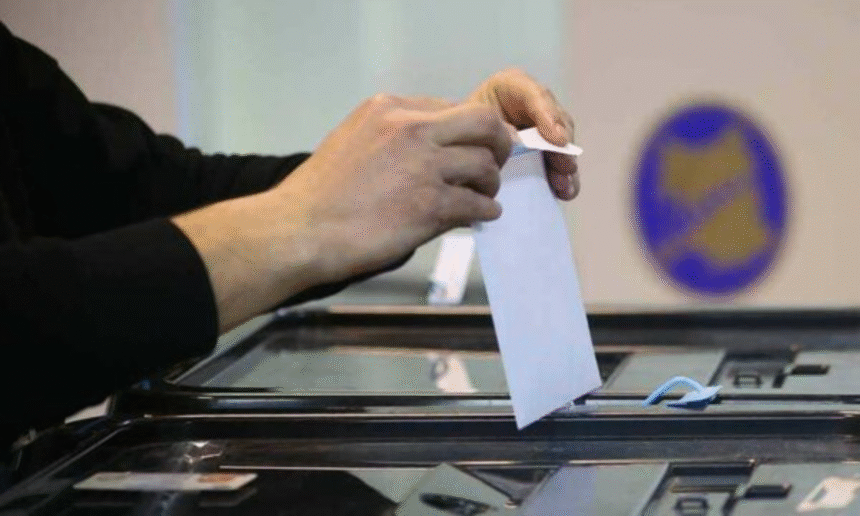Kosovo faces a political deadlock as the Constitutional Court prepares to rule on the appeal filed by the Serb List against Parliament Speaker Dimal Basha. The appeal challenges Basha’s decision to declare the Assembly constituted despite the absence of a deputy speaker from the Serb minority. The court’s ruling is expected within three days.
Opposition Voices Warn of Crisis
The Democratic League of Kosovo (LDK) and the Alliance for the Future of Kosovo (AAK) have both warned that the country is in a severe institutional crisis. They argue that unless the Constitutional Court’s decision is respected and a governing majority is secured, Kosovo may be forced into early parliamentary elections.
LDK MP Alban Zogaj told Ekonomia Online that the Constitutional Court’s ruling will be crucial:
“We expect the next ruling of the Constitutional Court. Parliament must be fully constituted. If necessary, we may return to voting on deputy speakers from minority communities.”
Zogaj added that the year has already been “lost” for Kosovo, citing both political and economic stagnation. If no solution emerges, he believes parties must openly discuss fresh elections.
AAK: Attacks on Court Undermine Statehood
AAK representative Haki Abazi emphasized that any political attempt to pressure or discredit the Constitutional Court would be an attack on Kosovo’s constitutional order and independence:
“The Court’s decisions must be respected. They cannot be reinterpreted by political parties. Any attempt to undermine the Court is a blow to the Constitution itself.”
Abazi argued that Prime Minister Albin Kurti is deliberately avoiding parliamentary oversight, knowing he cannot secure a governing majority. He accused Kurti of sabotaging institutions and betraying political agreements in the past, which, he said, makes cooperation with him impossible.
Court Intervention and Uncertainty
On September 5, the Assembly’s decision to vote separately on deputy speakers from minority communities prompted the Constitutional Court to impose a temporary measure, blocking further steps toward government formation. The Court acted following a complaint by the Serb List, arguing that the Assembly’s decision violated constitutional norms.
The Court stated its intervention was necessary to prevent “irreparable risks or damage” while it reviews the case.
What Comes Next?
If the Constitutional Court rules against Speaker Basha’s move, Kosovo could face another prolonged stalemate. With no stable majority in sight and mounting distrust among parties, the likelihood of extraordinary elections appears to be growing.







